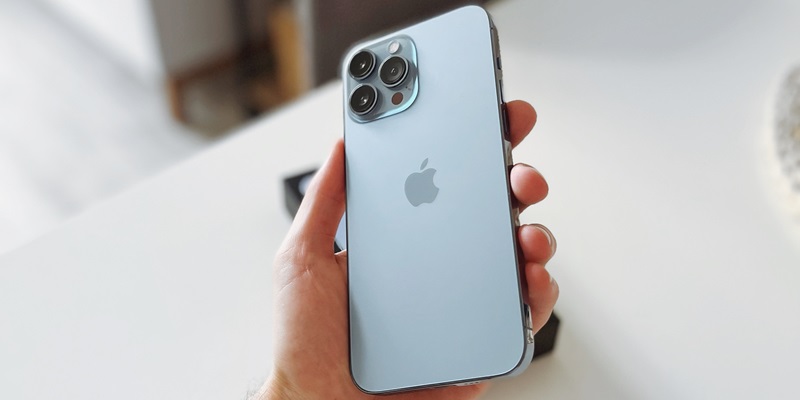The realm of smartphones is fiercely competitive, with various brands vying for dominance. However, one brand continues to rise above the fray, capturing the hearts and minds of millions – the Apple iPhone. Undoubtedly, the iPhone sits atop the leaderboards as the most used smartphone in the United States. In this article, we will explore the reasons behind its unparalleled success, from its appealing design and features to its seamless integration with other Apple products, as well as the strong brand loyalty it has nurtured over the years.
The Appeal of the iPhone
The success story of the iPhone begins with its visually striking and streamlined design. With its elegant aesthetics and premium build quality, the iPhone stands out among a sea of competitors. Complementing its sophisticated design is an intuitive interface that makes navigation and exploration of its array of features effortless for users. From its innovative Face ID technology to its powerful cameras capable of capturing stunning photos and videos, the iPhone is a device that appeals to both tech enthusiasts and casual users.
Seamless Integration with Other Apple Products
One of the distinguishing factors that sets the iPhone apart from its competitors is its seamless integration with other Apple products, such as MacBooks, iPads, and Apple Watches. This integration creates a unified experience across devices, enabling users to switch smoothly between their iPhone and other Apple devices. Additionally, Apple’s ecosystem offers effortless connectivity and synchronization, allowing users to seamlessly share files, messages, and even phone calls between their devices. This level of connectivity and synchronization makes the iPhone a top choice for those already invested in the Apple ecosystem.
Apple’s Unparalleled Brand Loyalty
Apple’s success in the US market isn’t solely reliant on its product features. The company has cultivated an unparalleled level of brand loyalty among consumers. With every new release, Apple’s devoted fan base eagerly anticipates the latest iPhone model, creating a sense of excitement and anticipation. This unwavering loyalty stems from a combination of consistent quality, trust, and positive past experiences with the Apple brand.
Competitors in the US Market
Although the iPhone holds the title for the most popular smartphone, it would be remiss not to acknowledge the presence of other contenders in the US market. Brands such as Samsung, Google, and OnePlus offer formidable alternatives to the iPhone, each with their own unique strengths. However, even in the face of tough competition, the iPhone continues to dominate with its strong market presence and unwavering brand loyalty.
In conclusion, the Apple iPhone has firmly established itself as the king of smartphones in the United States. Its appeal lies not just in its elegant design, intuitive interface, and abundance of features, but also in its seamless integration with other Apple products. Moreover, Apple’s remarkable brand loyalty, fueled by consistent quality and positive past experiences, has solidified the iPhone’s position as the most used smartphone in the US. While it faces competition from other brands, the iPhone’s reign shows no signs of wavering, exemplifying Apple’s commitment to maintaining its top position in the ever-evolving world of smartphones.

